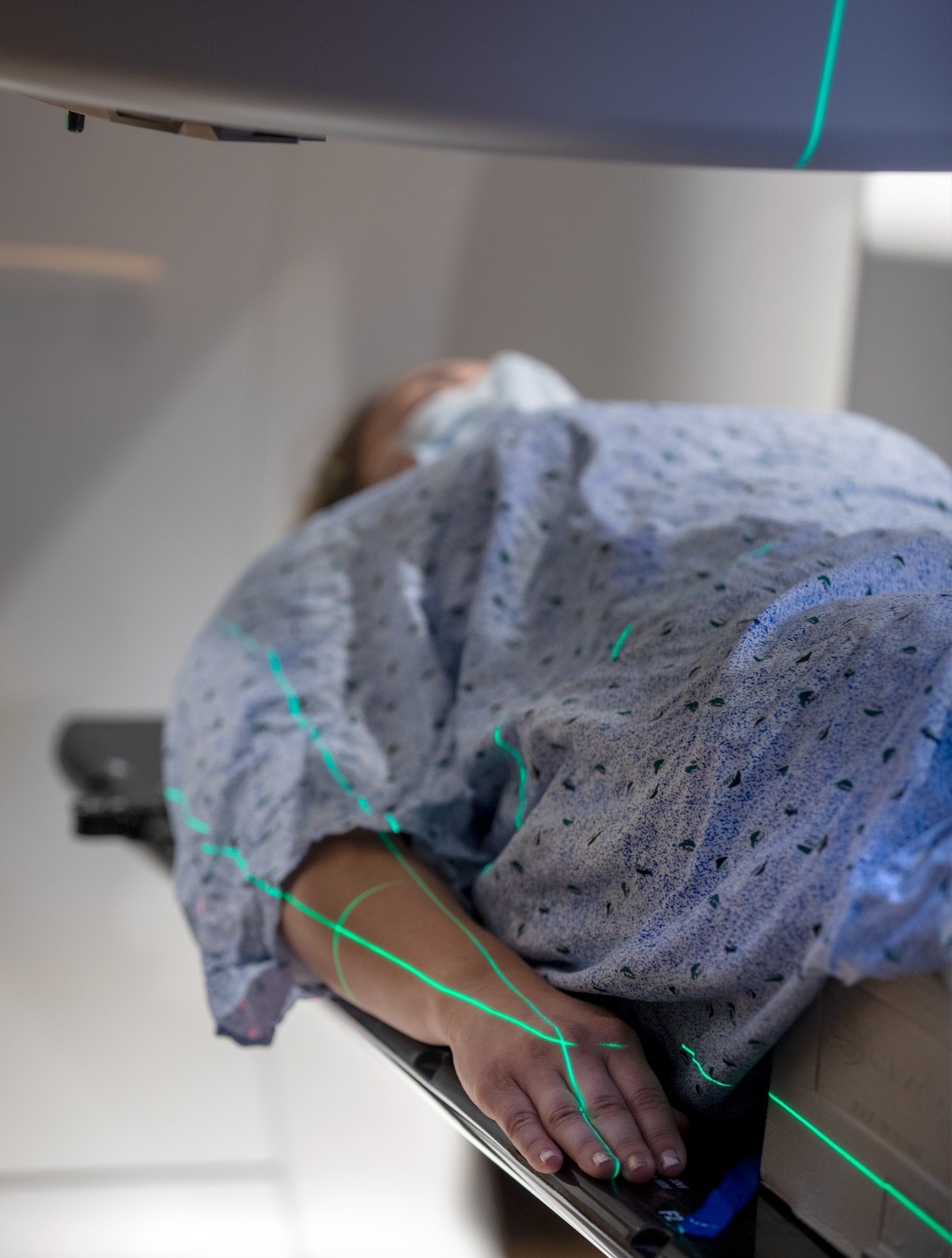Adhering to guidelines for postoperative radiation therapy in Merkel cell carcinoma offers survival benefit for certain patients

A study by general surgery residents at Penn State College of Medicine confirmed that patients with Merkel cell carcinoma — a rare, aggressive skin cancer — had a survival benefit from radiation therapy following surgical removal of the tumor.
Prior research has shown that postoperative radiation therapy for early-stage Merkel cell carcinoma may decrease the risk of cancer recurrence and improve overall survival, though little information exists on whether oncologists adhere to postoperative radiation therapy guidelines from the National Comprehensive Cancer Network. Drs. William Wong, Kelly Stahl, Elizabeth Olecki and Rolfy Perez Holguin, all residents from the Department of Surgery, analyzed data for 2,330 Stage I and Stage 2 Merkel cell carcinoma patients from the National Cancer Database between 2006 and 2017 to determine whether patients met the criteria for postoperative radiation therapy and if there was improved survival among those who received the therapy.
The research team found that among 1,858 stage 1 and stage 2 Merkel cell carcinoma patients who met the guidelines for postoperative radiation therapy, only 1,062 (57.2%) received it. In contrast, among 472 patients who did not meet the criteria for the treatment, there were 203 (43.0%) patients who received it. According to the researchers, patients who met the criteria for radiation therapy and received it tended to survive longer while those who did not meet the criteria for radiation therapy but received it anyway did not have a survival benefit.
“Our data shows that radiation therapy is underutilized in patients who meet the criteria for it and is overutilized in patients who do not meet the criteria for it,” said Wong. “There is significant potential survival benefit of guideline-concordant postoperative radiation therapy among early-stage Merkel cell carcinoma patients.”
Colette Pameijer and Chan Shen of Penn State College of Medicine and Penn State Cancer Institute also contributed to this research. The researchers declare no conflicts of interest or specific financial support.
Read the full study in the Journal of Surgical Research
If you're having trouble accessing this content, or would like it in another format, please email Penn State Health Marketing & Communications.
